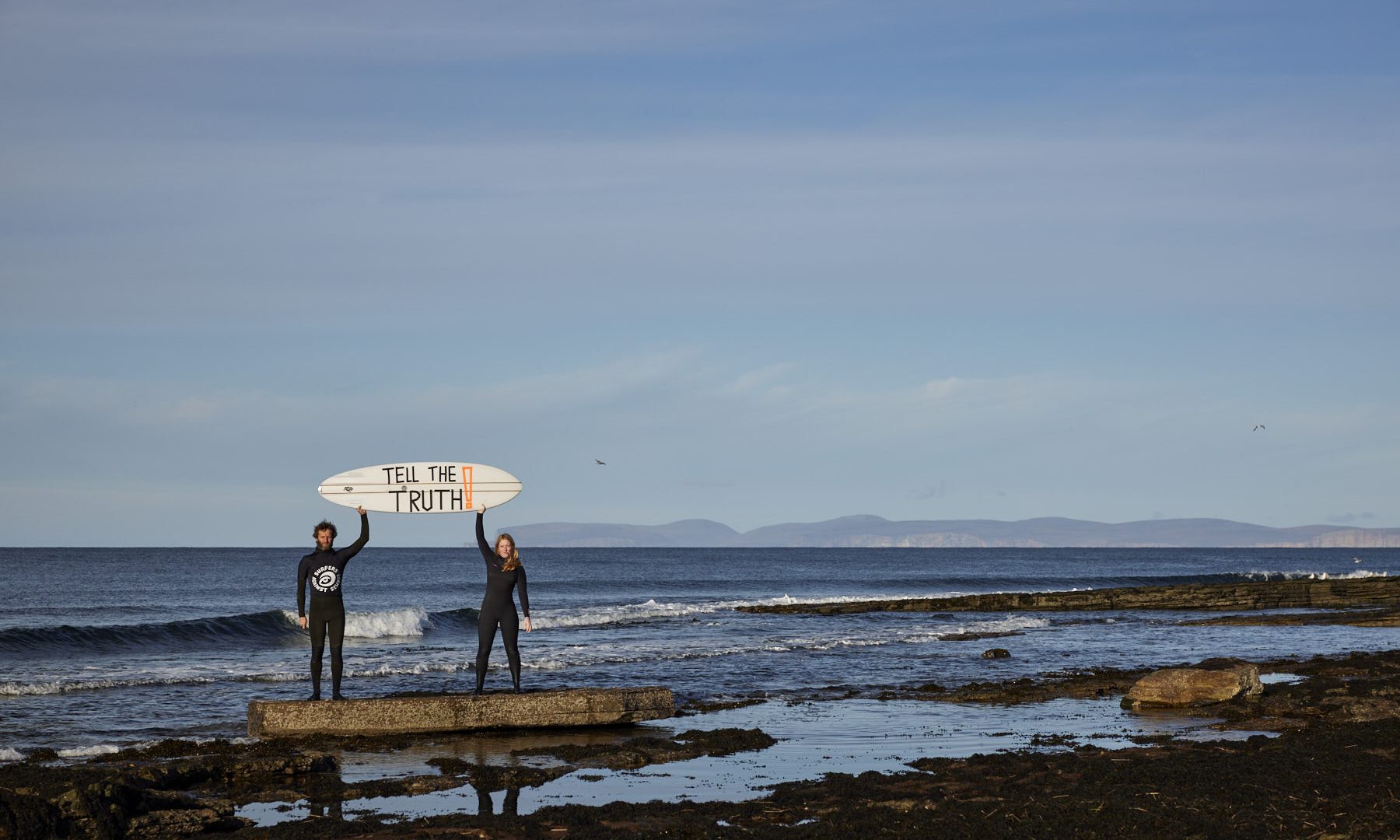
2023 Water Quality Report
This year we’ve supercharged our report – exploring what water quality issues look like on the ground, in communities across England, Northern Ireland, Scotland and Wales.
Our annual water quality report delves into the details of water quality data, highlights current water quality issues and exposes those responsible for sewage pollution. This year, in our 5th year, we’ve supercharged our report – exploring what water quality issues look like on the ground, in communities across England, Northern Ireland, Scotland and Wales.
Last year, sewage discharged across England, Northern Ireland, Scotland and Wales more than 399,864 times, that’s over 1,000 times a day.
Scotland and Northern Ireland show a shocking lack of monitoring. Not even the water companies know how much raw sewage is being released. Wales are guilty of neglecting their permits, seemingly dumping sewage despite the law. And England’s water companies are at it again, paying out £1.4 billion to shareholders and rewarding their CEOs despite poor environmental performance. Our citizen science research reveals 60% of the popular bathing sites we tested wouldn’t meet minimum safety requirements if they were an “official” bathing water.
We wrote this year’s report with communities at it’s heart.
Where we see a diversity of sewage issues across the nation, we see the same consequences time and time again. People are getting sick, businesses are shutting their doors and the environment is suffering.
Since last October, 1,924 water users reported getting ill after entering the water across the UK. 60% of these reports were from “excellent” bathing waters.
From the sickness reports submitted this year, a total of 1,987.5 days were taken off work. That’s the equivalent of over 5 years.
Over the last few months, we’ve been visiting communities from Thurso to Fistral, Cardiff to Scarborough, to hear their stories. What we heard was shocking.
Robbie from Wales told us his experience has meant he no longer feels safe in the water.
“ It had been about 2 hours after swimming and I started to feel ill, a bit feverish. About 2 hours later, my son came downstairs and found me lying on the floor, waving my arms about, not making any sense. I don’t remember any of that. It has quite massively impacted me. I don’t trust the water any more. That for me is the biggest shame.”
Reuben got sick after a surf at Saunton Beach in Devon, a doctor confirmed that he’d contracted labyrinthitis (an inner ear infection) which then developed into a chronic condition.
“I have never been anxious about anything in my life, but this experience has definitely made me worried that symptoms will come back when driving, surfing, at work or any situation where vertigo could be dangerous.”
Sadly Reuben isn’t the only one to suffer from long-term health problems after swimming in contaminated water, we see more and more cases reported to us every year.
In contrast, for every shocking story we’ve heard, there is another… of individuals and communities taking a stand in their local area to fight for better water quality. They’re telling local people in power: that untreated sewage on our beaches isn’t good enough, that getting sick from swimming and surfing isn’t good enough, and how water companies and regulators have treated the public and the natural world isn’t good enough.
We hear from citizen scientists testing their local waters, campaigners in Northern Ireland trying to save Lough Neagh and hyper-local community groups and Protecting Wild Waters communities fighting to make change.
In 2024, the UK is likely to see a general election, and we’re using this opportunity to bring communities together to #EndSewagePollution. SAS, along with other NGOs and organisations, has created the End Sewage Pollution Manifesto, to influence the new incoming government to take immediate and impactful action on sewage pollution. It sets out the 5 key actions the government need to take – read more. We need your voice to join us.
You don’t need to be into politics to fight for better water quality in your local area. Read the Water Quality Report to learn more about the latest water quality issues in your region, hear real-life stories of how pollution is affecting people across the UK, and learn about groups in your area who are taking action.

